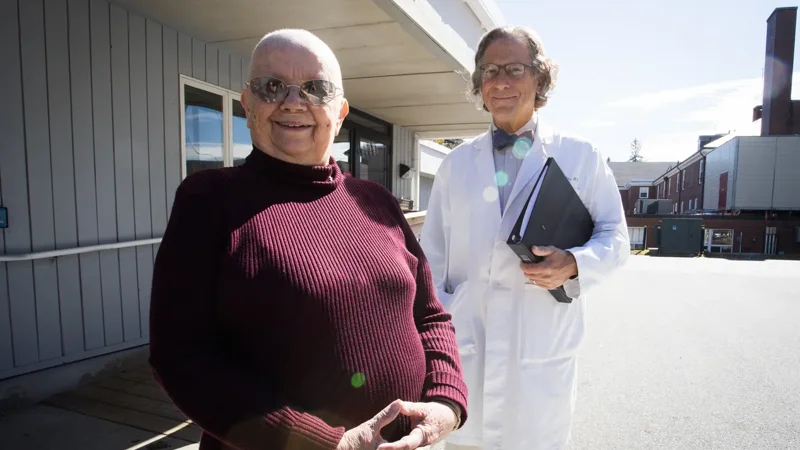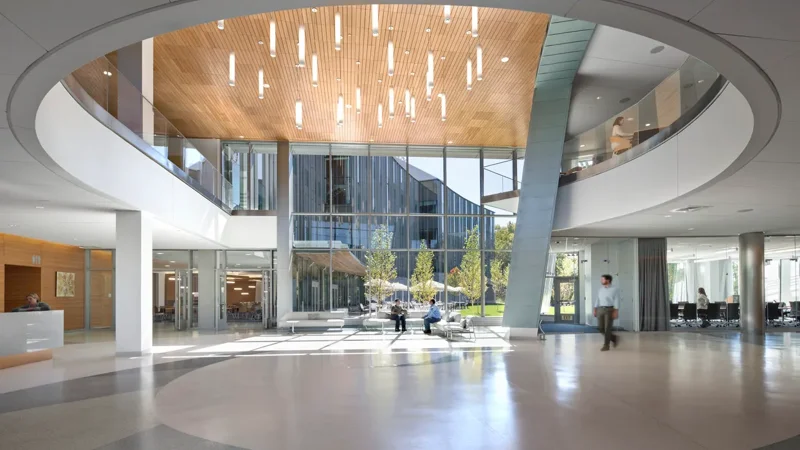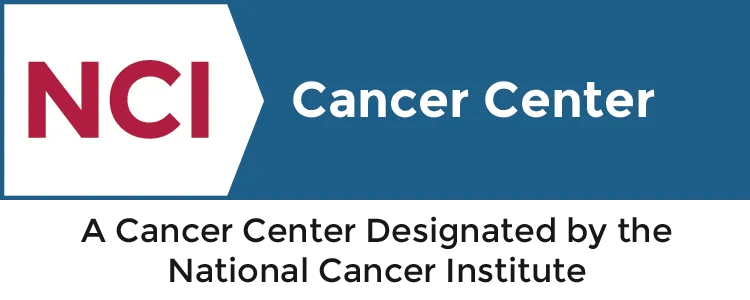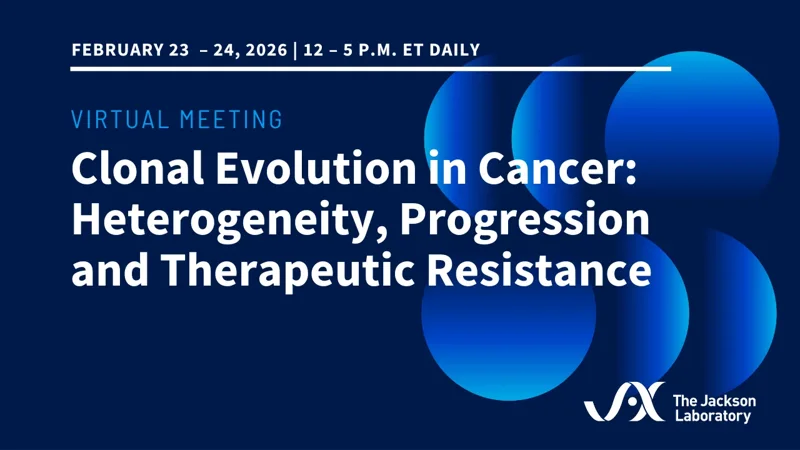The Jackson Laboratory (JAX) was established in 1929 with a mission to unravel the intricate genetics of cancer, develop precise models of the disease and to train the next generation of cancer researchers. The importance of this approach was officially recognized by the National Cancer Institute (NCI) in 1983 when JAX was designated as one of only seven Basic Laboratory Cancer Centers in the country. As a basic cancer center, we uncover novel biological insights that lay the groundwork for advancements in cancer prevention and treatment. We actively engage with fellow Cancer Centers to amplify the impact of our research, fostering meaningful connections that facilitate the translation of our findings to real-world clinical applications.
Our research program revolves around a compelling and unifying theme: the investigation of genetic and genomic mechanisms that drive aging-related inflammation and cellular dysfunction to understand their profound impact on the complexity of cancer. By understanding these underlying mechanisms, we can gain insights into cancer initiation, development, metastasis, and the emergence of treatment resistance.
At the heart of our approach lies the integration of murine and human biology, bridging the gap through animal models that reflect the genetic diversity of humans, comparative genomics, and computational modeling. This powerful combination allows us to uncover new biology and refine our existing knowledge through a continuous cycle of mouse-human experimentation and in silico analysis. This synergistic approach enables us to push the boundaries of cancer research and ultimately translate our findings into innovative strategies for both cancer prevention and treatment.
The JAX Cancer Center (JAX CC) continues its commitment to educating scientists and clinicians in the latest advances in cancer research, with such flagship programs as the NCI-funded Cancer Techniques Workshop and the Annual Short Course on Experimental Models of Cancer. The Maine Cancer Genomics Initiative is an innovative educational program designed to accelerate the implementation of precision oncology in a rural community setting by providing interpretation support for treating clinicians through expert-led, virtual Genomic Tumor Boards.
With a rich history of excellence and a deep commitment to pushing the boundaries of scientific knowledge, the JAX Cancer Center is poised to revolutionize our understanding of the genetic basis for cancer. By harnessing the power of interdisciplinary research, the diverse perspectives of our members and the fusion of mouse and human biology, we strive to drive forward a new era of precision oncology.
Join us on this transformative journey as we seek to reshape the landscape of cancer care and improve patient outcomes.




